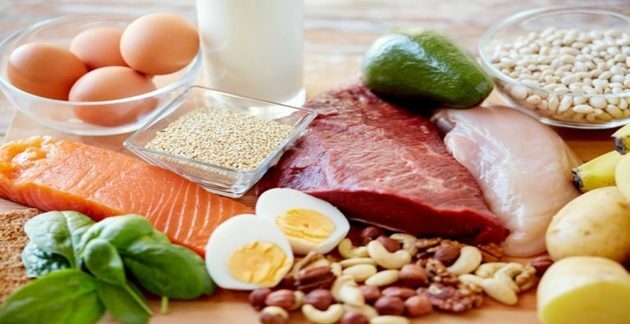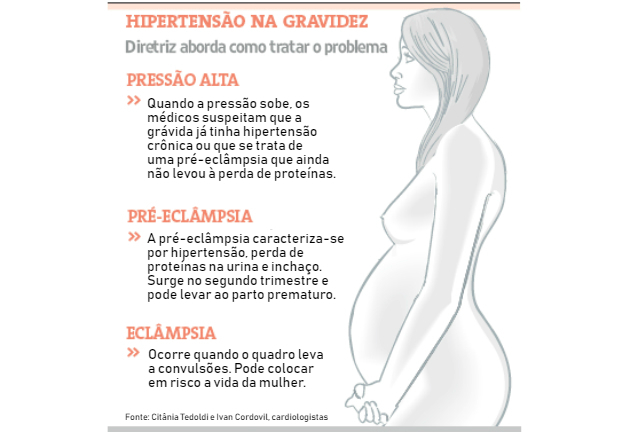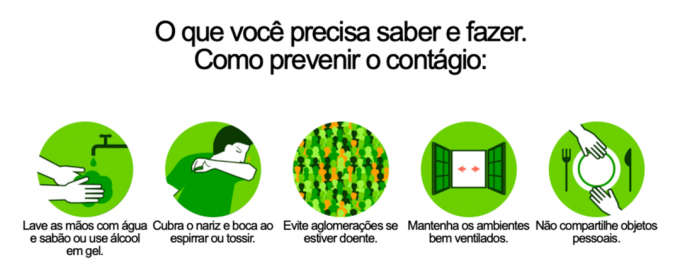Proteins are found in foods of animal and plant origin. However, the most protein-rich foods are those of animal origin.
Proteins are organic macromolecules, made up of smaller units called amino acids.
Not all amino acids are produced by the body. Thus, food supplies those that are not synthesized and necessary for biological functions.
The daily consumption of proteins varies according to each person's body. In general, it is recommended to ingest 0.8 to 1.2 grams per kilogram of the person.
Protein-rich food table
Proteins can be found in foods of animal and plant origin. Check a list with the foods and the respective amounts of proteins in each of them:
| food of animal origin | Amount of proteins in 100 g |
|---|---|
| Chicken meat | 32.8 g |
| Beef - Duckling | 35.9 g |
| Beef - Titty | 20.9 g |
| Beef - Soft drumstick | 32.4 g |
| Turkey breast | 32.8 g |
| Salmon | 23.8 g |
| Sardine | 25 g |
| Shrimp | 24 g |
| Cheese | 26 g |
| Egg | 13 g |
Vegetable foods are also excellent sources of protein, check the table below for some examples:
| Vegetable foods | Amount of proteins in 100 g |
|---|---|
| Soy | 12.5 g |
| Rolled oats | 13.9 g |
| Quinoa | 12 g |
| lentils | 9.1 g |
| tofu | 8.5 g |
| Bean | 6.6 g |
in many fruits it is also possible to find considerable amounts of proteins, such as: avocado, blackberry, guava, plum, jackfruit, banana and passion fruit. The same is true for some vegetables, for example, broccoli, spinach, kale and tomatoes.

What is the importance of proteins in food?
Proteins are formed by amino acids, a group of organic molecules divided into essential and non-essential. Essential amino acids are those that are not synthesized by the body and need to be obtained through food.
The construction of proteins is fundamental for the organism, as they are essential for many biological functions, such as:
- Energy supply;
- Cell structuring;
- Catalyst of biological functions, in the form of enzymes;
- Construction of tissues, muscles and tendons;
- Blood coagulation;
- Defense of the organism;
- Production of hormones and neurotransmitters.
See also:
- Animal foods
- Vegetable foods
Proteins and muscle mass gain

The consumption of proteins is indicated for fans of bodybuilding or physical activities and who want to increase muscle mass. Protein contributes to the recovery of injured muscles, resulting in muscle growth as well as fat burning.
However, the diet aimed at increasing muscle mass must be balanced with the consumption of carbohydrates. A diet based only on high protein intake does not contribute to muscle growth and can lead to health problems.
Learn more, read also:
- Importance of physical activity for health
- Food pyramid
- Muscles of the Human Body
- Muscle tissue
- Lipid-rich foods



